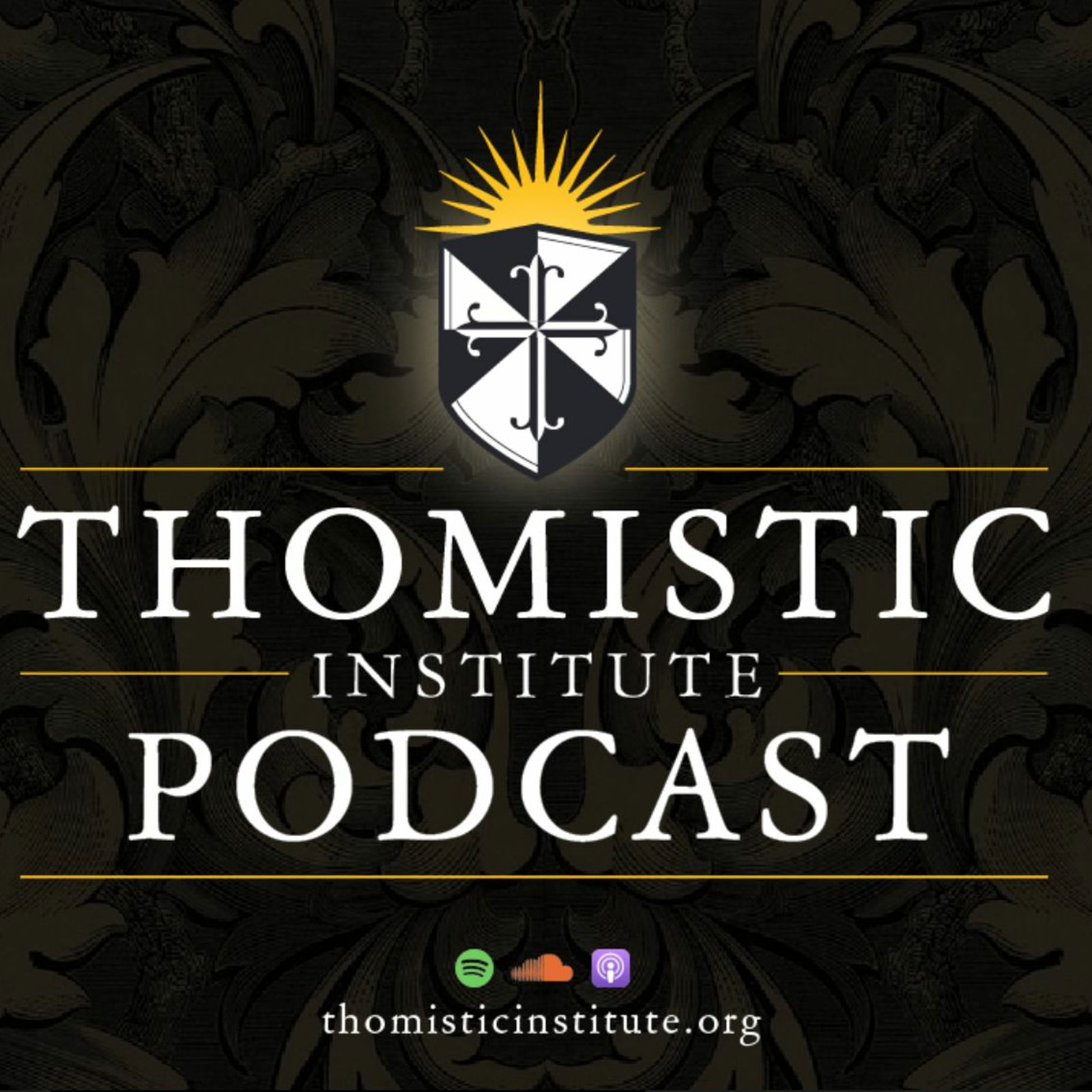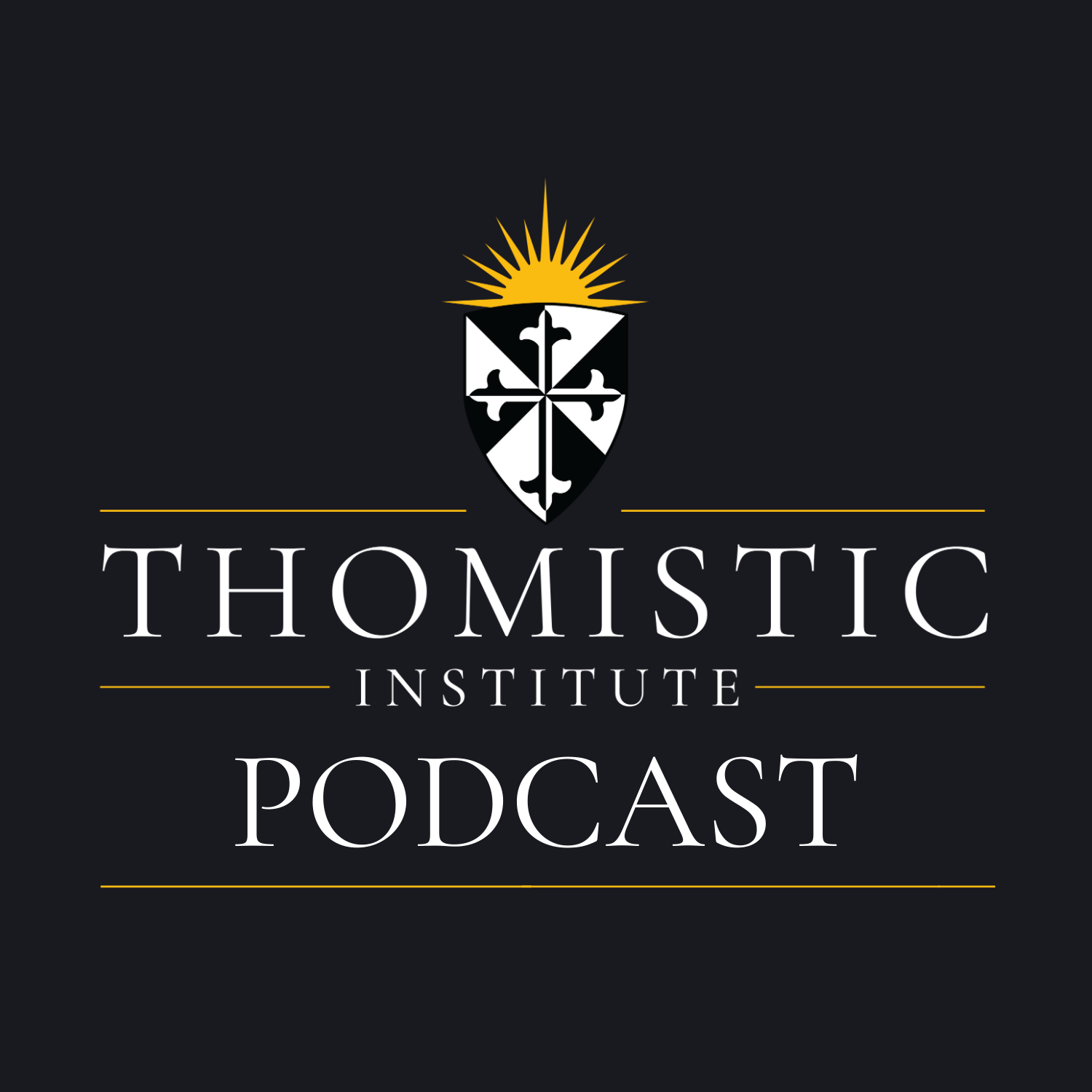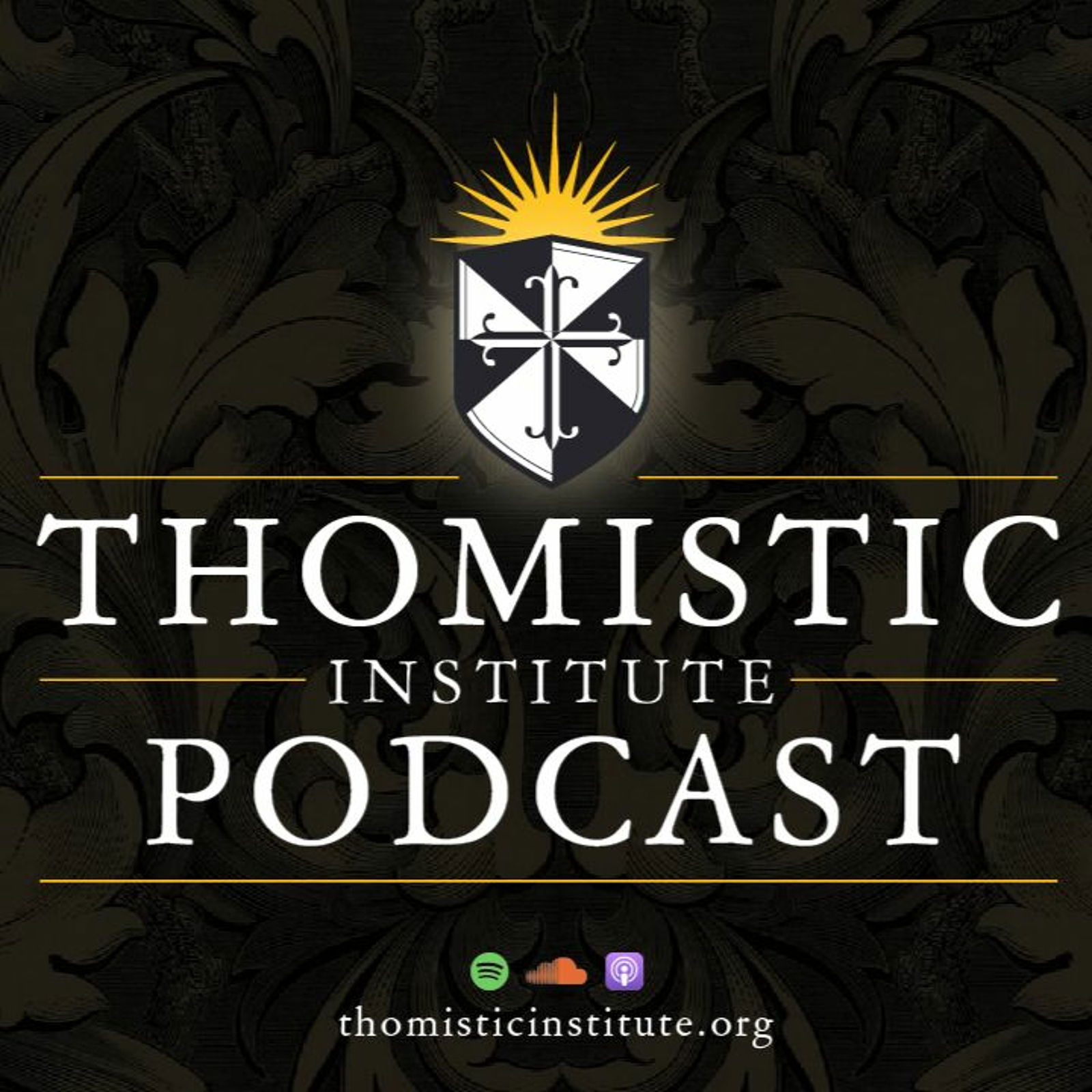Does God Exist? | Prof. Matthew Dugandzic

This lecture was given at Harvard University on October 3, 2022.
For more information on upcoming events, visit thomisticinstitute.org
About the speaker:
Matthew Dugandzic joined the theology faculty at St. Mary’s Seminary and University in 2019 ...
This lecture was given at Harvard University on October 3, 2022.For more information on upcoming events, visit thomisticinstitute.orgAbout the speaker:Matthew Dugandzic joined the theology faculty at St. Mary’s Seminary and University in 2019 after completing a Ph.D. in moral theology at The Catholic University of America in Washington, DC. His dissertation, "A Thomistic Account of the Habituation of the Passions," explored the ways in which people can develop virtuous affective inclinations.Dr. Dugandzic's scholarship focuses on medieval thought, especially Thomas Aquinas' anthropology, psychology, and ethics. His work on Christ's passions recently appeared in the European Journal for the Study of Thomas Aquinas and his other writings on the passions and on bioethics have appeared in New Blackfriars and National Catholic Bioethics Quarterly. His current research focuses on the sources that Aquinas used in developing his understanding of virtue and on recovering ancient and medieval wisdom regarding economics in order to apply this wisdom to contemporary financial problems (like student loan debt).Dr. Dugandzic has taught courses in fundamental moral theology, bioethics, theological anthropology, and Catholic social teaching. In addition to his work in the academy, Dr. Dugandzic has also brought his theological expertise to the aid of the Church, having taught theology to RCIA groups, catechists, and candidates for the permanent diaconate.In addition to his doctorate, Dr. Dugandzic holds a BSc in biology from Concordia University in Montréal, Québec and an MA in religious studies from St. Joseph’s Seminary in Yonkers, New York. He and his wife, Audra, live in Baltimore, MD. In his spare time, he likes to play hockey, which he enjoys almost as much as reading theology.











